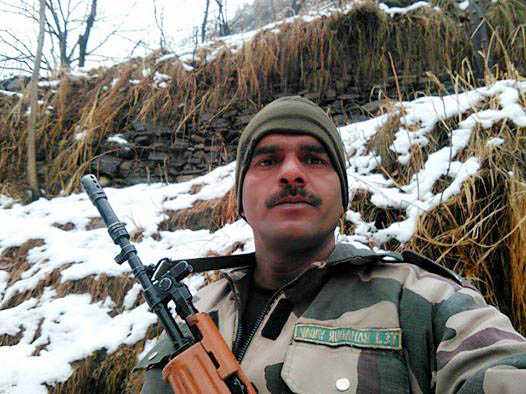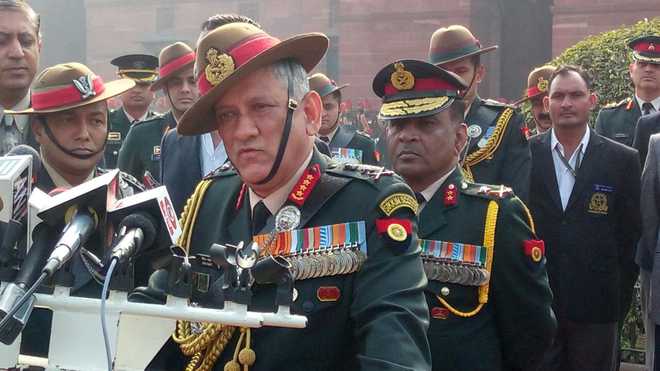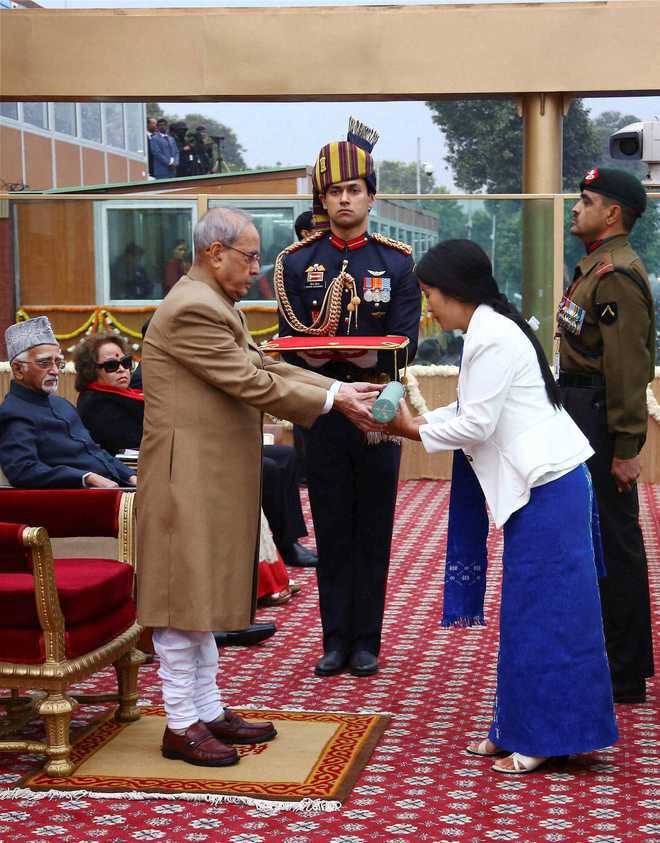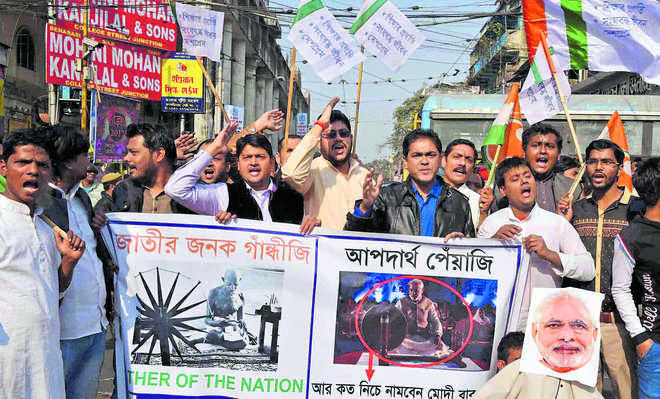Ajay Banerjee
Tribune News Service
New Delhi, January 12
With the armed forces projecting the need for some 700 helicopters — light utility and armed — the Ministry of Defence (MoD) has asked the public sector giant Hindustan Aeronautics Limited (HAL) to ramp up production, speed up existing under-development projects and start out-sourcing work.The HAL, headquartered at Bengaluru, produces some 22-24 advanced light helicopters (ALH), the Dhruv, annually and some 200 of these are flying; however, the requirement is huge.In the second phase, rapid production of light utility helicopters (LUH) and light combat helicopter (LCH) will start. Prototypes of both are ready but need operational clearance. The MoD wants HAL to produce up to 85-90 copters per annum of these three types – the Dhruv, LUH and LCH — said sources, while adding that out-sourcing of some work had been suggested on the lines of global manufacturing practices.Some 100 copters – are needed annually to meet the needs of the three armed forces, the Central Armed Police Forces, the Coast Guard and smaller friendly nations. While HAL continues to be a major player, some of the production can be given to a selected private partner.The three armed services need 484 of the LUH-type to replace Cheetah/Chetak fleet of helicopters for which the Army requires 259, IAF 125 and Navy around 100 such helicopters equipped with anti-submarine warfare (ASW) capabilities.The Army and the IAF need some 180 attack helicopters. The Coast Guard and other paramilitary forces have their own requirements which are nearly 100 copters. The HAL has planned to expand capacity and a new facility at Tumkur, some 100 km from Bengaluru, will start production in 2018.HAL is making a 5.5-tonne-class LCH, which is currently under development and undergoing weapons integration.
90 helicopters needed per annum
- The MoD wants Hindustan Aeronautics Limited to produce up to 85-90 copters per annum of these three types — Dhruv and light utility and light combat helicopters








 AP PHOTO
AP PHOTO

































































